I was following the instructions here and I'm having trouble getting the installation to work. Basically, the first part works fine. I downloaded portaudio, followed the instructions, and it all seemed to work.
However, when I triedpython3 setup.py install, I got an error. The error came from the /src/_portaudiomodule.c file, and it said that "The file Python.h could not be found". I don't really understand what's going on because there was no Python.h file when I extracted the PyAudio archive. I don't know where the Python.h file was supposed to come from.
I'm kind of a noob to unix systems so I could have easily made a mistake somewhere. I've been trying to solve this for hours and I've had no luck so far. Thanks in advance for your help!
